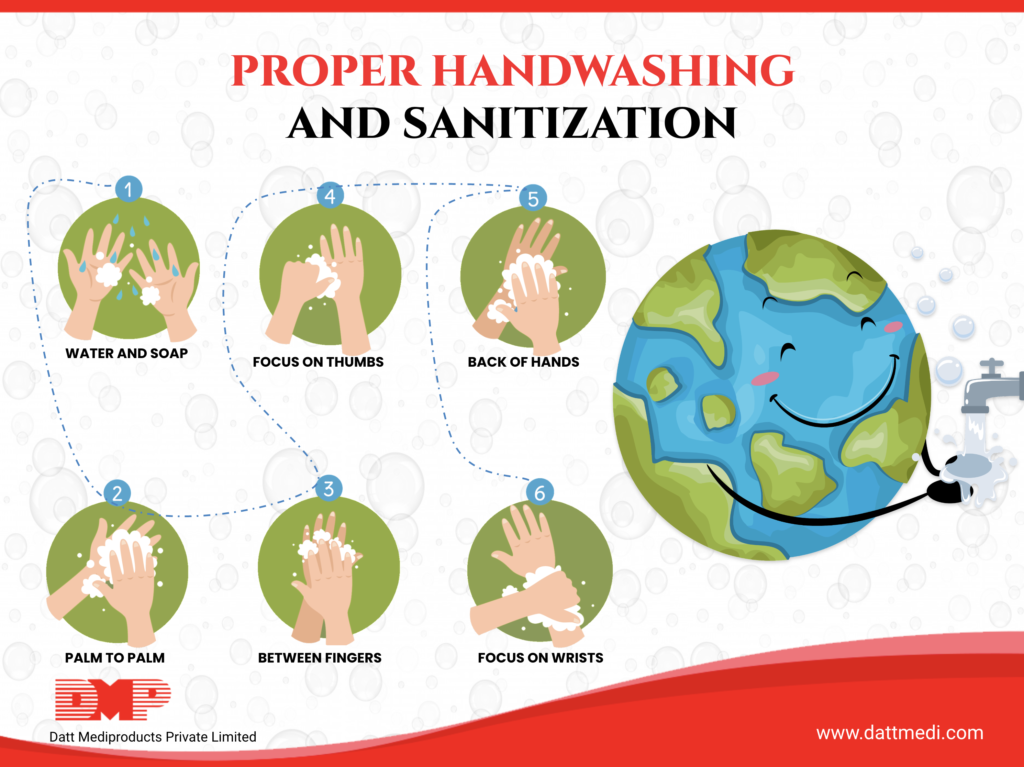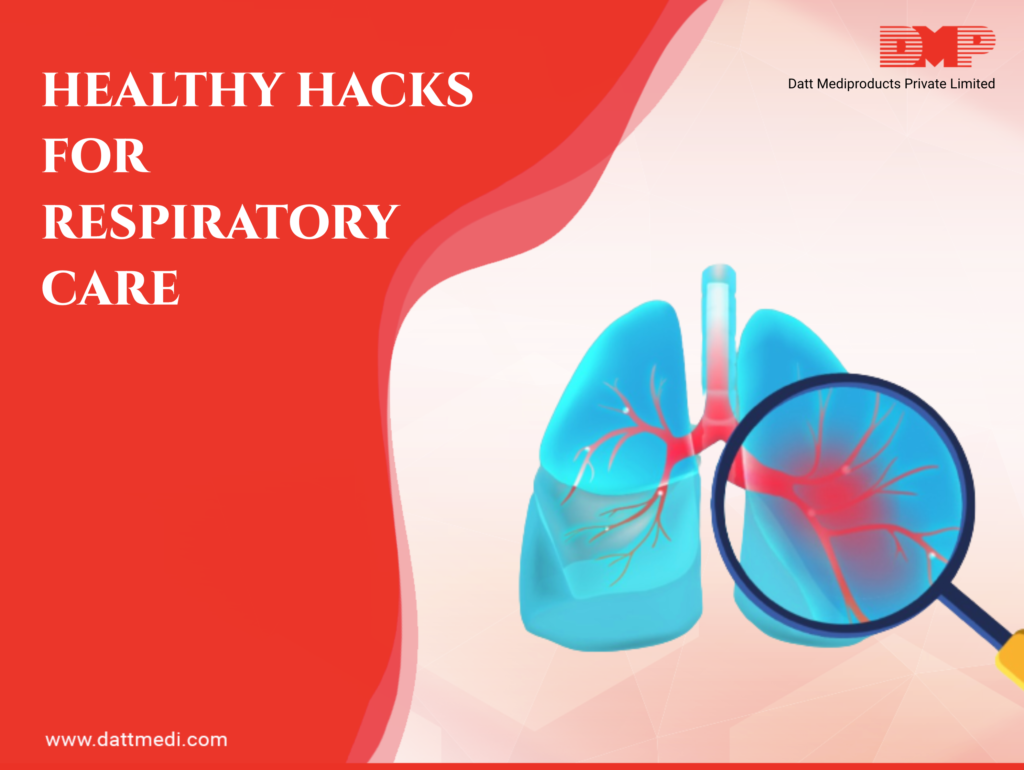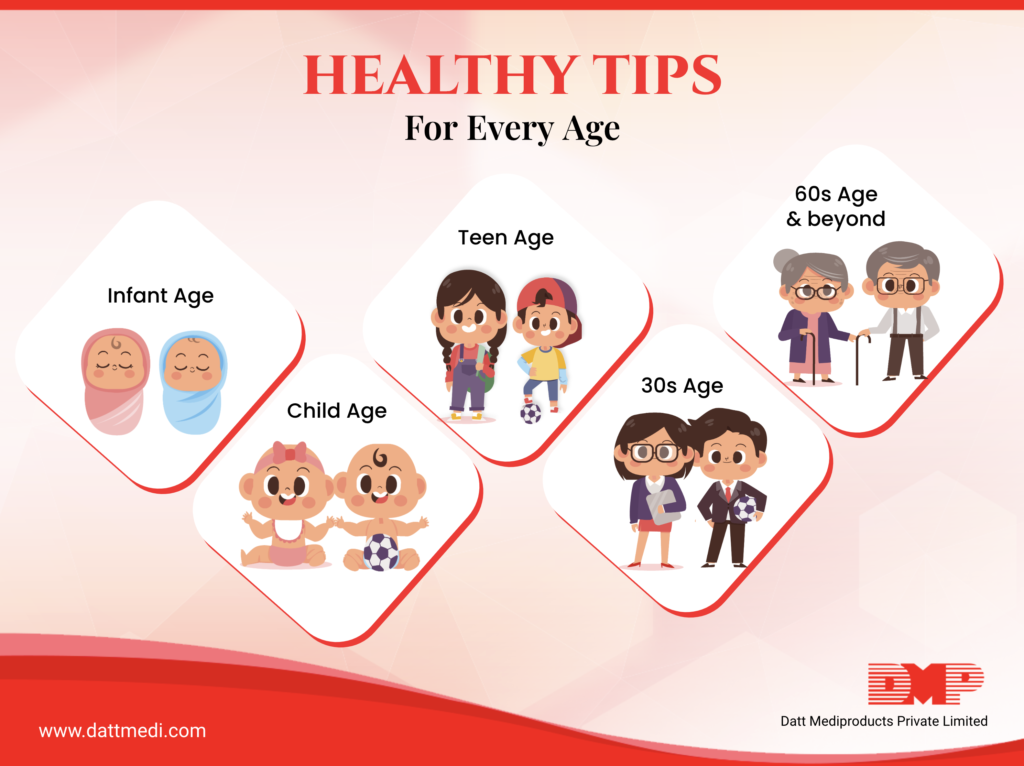
Washing hands is an important habit which helps get rid of illness-causing germs and keeps you healthy. It also removes dirt and stops microorganisms from spreading to other people.
Handwashing prevents people from picking infections, flu and other diseases like diarrhoea, food poisoning and passing on the same to others. The Centre for Disease Control and Prevention (CDC) says that handwashing is one of the best ways to protect ourselves and our family from falling sick.
When to wash your hands?
You should wash your hands often to stay healthy. It’s an easy way to protect yourself against infection and illness spread.
– Before and after preparing food
– Before and after eating food
– After using toilets or changing baby diapers
– After coughing, sneezing or blowing nose
– After touching garbage or any other waste material
– After touching raw vegetables or meat
– After touching animals, their feed or wastes
– Before and after treating any kind of wounds
– Before and after caring for any sick person at home
How to wash your hands properly?
“The Five Steps”
STEP 1 – Wet your Hands:
The first step in hand washing technique is to wet the hands with clean & running water, can be warm or cold.
STEP 2 – Apply Soap & Lather well:
Apply enough soap to cover your hand and rub them together to lather in between the fingers, back of the hand and under the nails. Don’t forget the thumbs too.
STEP 3 – Scrub for 20 secs:
WHO says that we should wash hands for at least 20 secs. Or till the time it takes to sing “Happy Birthday” song twice.
WHO recommends the following steps to properly scrub your hands:
– Rub both hands palm to palm.
– Right palm over left dorsum with interlaced fingers and vice versa.
– Palm to palm with fingers interlaced.
– Back of fingers to opposing palms with fingers interlocked.
– Rotational rubbing of left thumb clasped in right palm.
– Rotational rubbing, backwards and forwards with clasped fingers of right hand in left palm and vice versa.
STEP 4 – Rinse your Hands:
Rinsing should be done under clean and running water.
STEP 5 – Dry your Hands:
Use a clean single use, disposable tissue to dry your hands or air dry them and close the faucet with the tissue itself.
“Science” Behind the 5 Steps of Washing Hands
Step 1 Wet your Hands:
Running water is important as hands may become re-contaminated with stagnant water.
Step 2 Apply Soap & Lather:
Washing hands with soap & water is proven to be more effective than water alone because the surfactants in soap help remove soil, dirt/dust along with microbes.
Step 3 Scrub for 20 secs:
Rubbing hands for at least 20 secs causes friction and friction is important to remove germs from hands. as opposed to rubbing for a shorter time period.
Step 4 Rinse:
Rinsing helps to remove the dirt/ grease/ germs from hands which have been lifted by the friction of rubbing.
Step 5 Dry:
It’s important to dry the hands after washing as germs can be easily transferred to and from wet hands.
During this COVID-19 outbreak, WHO recommends washing hands frequently with soap and water to kill the virus that may be on your hands.
Follow us @Datt Mediproducts to keep updated about the latest facts and tips and to stay healthy.




